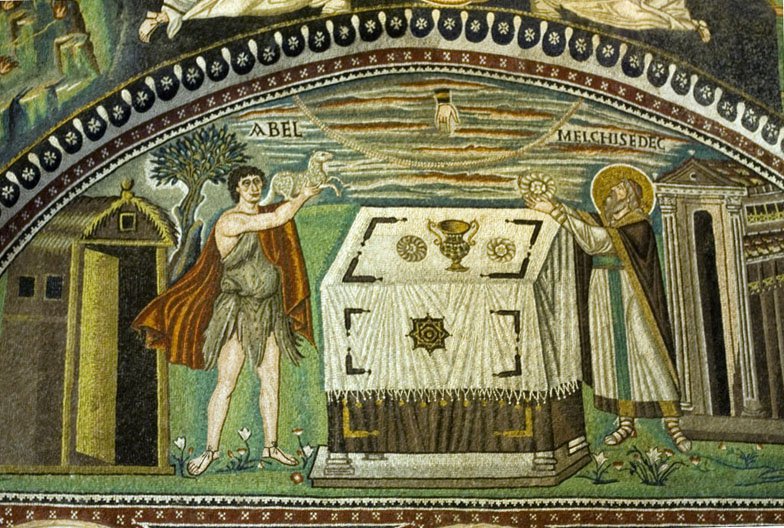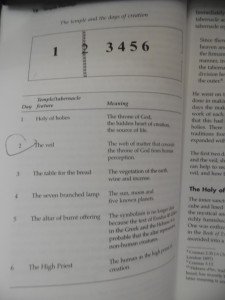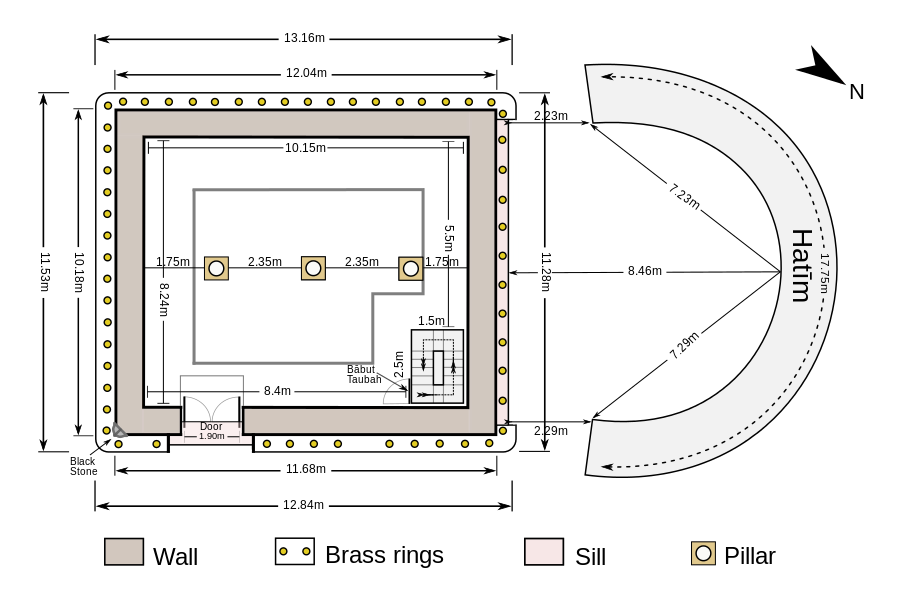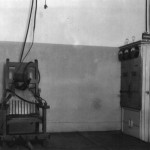
The ISIS attempts at reestablishing the caliphate are getting much press of late. They goaded me into recycling the following three older posts on Islam: Islam Does Not Need a Reformation, TOP10: Religion and World Politics Reading List, and Christianity is Neither a Monotheism Nor a Religion of the Book. All three posts engage the relationship between Islam and Christianity in some way.
That well has run dry, so I’m going to turn to some new material. The relationship between Christianity and Islam is probably much closer than most Christians and Muslims realize. The revelations contained in the recently translated book, The Syro-Aramaic Reading of the Koran, are one example.
The anonymous author of this book argues that the very language of the Koran derives from earlier Syriac-Christian writings. According to “Luxenberg,” the Koran can only be properly understood in this initial context. When this is done lots of things that didn’t make sense before turn out to be bad translations from Syriac into Arabic (like the 70 virgins).
The Methodist Biblical scholar Margaret Barker provides another angle on this relationship with Islam in her Temple Theology: An Introduction. The book is a summary of her research into the lost First Temple tradition (supplanted by Josiah’s “Reforms” that shaped the traditions of the Second Temple) and its importance for the emergence of Christianity.
[Listen to Barker give the Schmemann Lecture on the topic “Our Great High Priest: The Church Is the New Temple” on Ancient Faith Radio here.]
The following excerpt from Temple Theology gives you a basic rundown of Barker’s project while making interesting connections with Islam, especially the Kaaba:

“Jewish tradition remembered and recorded that many priests of the original temple had fled to Arabia after the time of Josiah’s purge. They must have taken with them the faith of the older temple. Paul also spent time in ‘Arabia’ (Gal. 1:17) before returning and arguing that the roots of Christianity lay in the faith of Abraham.
Traditions associated with the origin of Islam knew that there had been another ancient faith that was neither Christianity nor Judaism. There earliest account of the life of Muhammad was written by Ibn Ishaq in the middle of the 8th century CE and so only about 100 years after the time of Muhammad. Before the prophet appeared, he wrote, four good men set out to seek the religion of their father Abraham, which they believed their people had corrupted. ‘They went their several ways in the lands, seeking the Hanifiya, the religion of Abraham.’ One of them eventually met a Christian monk in Syria who told him there was nobody left who could guide him to the religion of Abraham, but that a new prophet would soon appear. The Qur’an too distinguished between the religion of Abraham and the religion of Moses… Much of the Temple lore re-emerged in Islam; the traditional dimensions of the holy of holies are also those of the Kaaba.”
Now how much does this complicate our notions of Christian origins? Could it possibly make inter-religious dialogue easier–at least between the three great monotheistic traditions? Does this prove Brague wrong?
I don’t know. Possibly.
That remains to be seen as Barker’s work continues to carve out a place for itself in the mainstream of biblical studies. She argues the nature of the topic will almost necessarily keep her work controversial, but it also has an advantage over the established assumptions:
“Recovering the world of the original temple is not a simple matter. There is no single text which reveals the lost world and proves beyond any doubt that what I am proposing was the case. What is beyond doubt is the unsatisfactory and even unreasonable account of ‘New Testament background’ which has prevailed for so long. It has been assumed that rabbinic texts from a period long after the New Testament could be used to illustrate the New Testament situation, but that the writings of Philo of Alexandria, a Jewish contemporary of Jesus in Egypt, were suspect because they were so different from the rabbinic texts.”
I should add that reading Barker is a bit like reading a great mystery novel. You keep picking up on all these little details that create a bigger biblical picture you never suspected was there.
It’s a lot of fun!
[Listen to Barker give the Schmemann Lecture on the topic “Our Great High Priest: The Church Is the New Temple” on Ancient Faith Radio here.]












